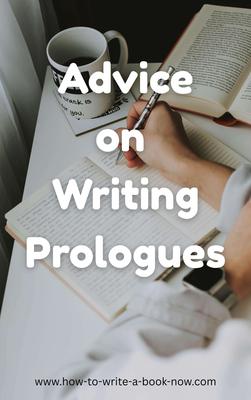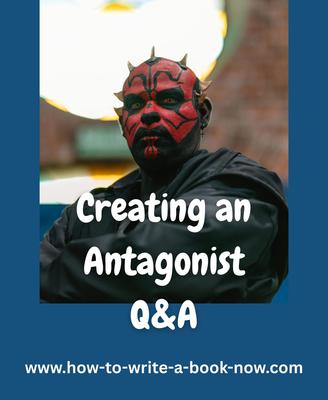Procrastination Problems.
by Mariah
(Florida)
Question: Okay, I write a lot. I mean, a lot. I always start my stories off really great. I'll write a whole first chapter, but usually I give up after the first chapter. I just feel like I'll disappoint myself when I try to go further than that.
How do I stay motivated?
Answer: It sounds like you have more going on than just procrastination. Here are a few suggestions...
First, try writing an outline. Many people begin stories and don't finish them, and often it's because they have an initial idea but no sense of the rest of the story. Most professional writers create an outline before they start writing - whether it's a one-paragraph synopsis or a 10 page scene-by-scene summary plus additional background notes, character sketches, research, etc. An outline should be whatever length makes you feel empowered and excited about your story.
With an outline, you always know where your story is going next, so you are less likely to get stuck.
There are lots of articles on this site to help you create an outline, but here are three to get you started...
https://www.how-to-write-a-book-now.com/plot-outline.html
https://www.how-to-write-a-book-now.com/writing-an-outline.html
https://www.how-to-write-a-book-now.com/w-plot.html
Second, give yourself permission to write a bad first draft. No one writes a perfect manuscript on the first go. Most stories and novels go through numerous rewrites before they are ready to be shown to other people.
A bad first draft is a very valuable document. Just the process of seeing a story through to the end will teach you a lot about how to create a
Very often you only reach your stride with a story half-way through the first draft. Then it's just a matter of going back and revising the earlier chapters to match the style and voice that emerged in the later chapters. It's fine of the early chapters are awkward, because you're still finding your way at that point.
It's also much easier to revise a first draft than to work with a blank page. So any first draft, no matter how bad, is better than no draft.
Finally, whenever you find yourself losing motivation, it may be a sign that you have lost sight of the core emotion that inspired your story in the first place, or that you need to take the story to the next level.
It may be that you have taken a wrong turn in the story or made decisions that didn't feel right.
Go back and reexamine your choices. Find better ways to express the core message of your story. If a section seems dull, change it. Each change you make to your story or characters in the development stage should make you feel more excited by it, not less. Each change should also give you a clearer vision of the whole story. (Beware of contradictions.)
Trust your own emotions. The more engaged you feel, the more engaged your readers will be.
- Home
- Plot Questions
- Procrastination Problems.















